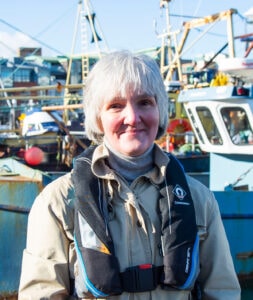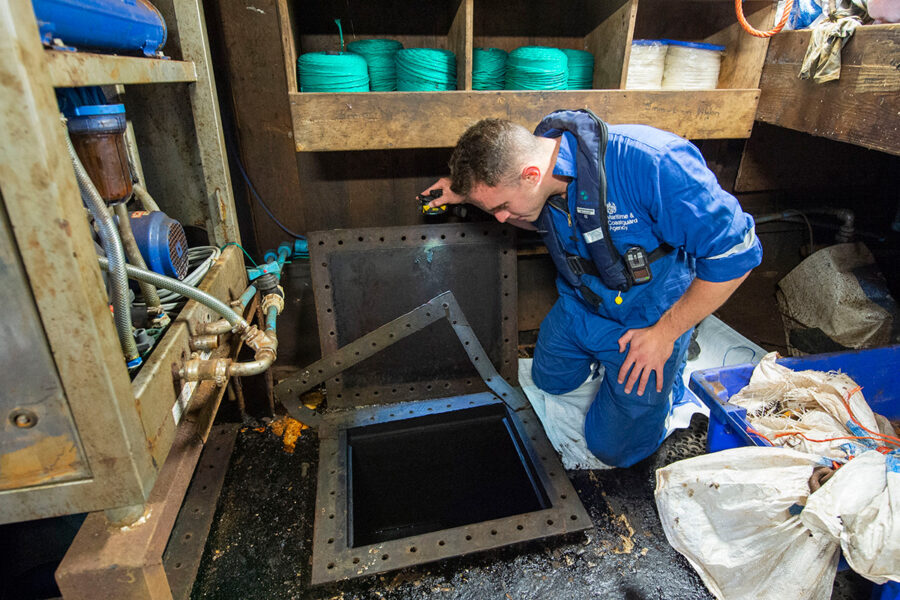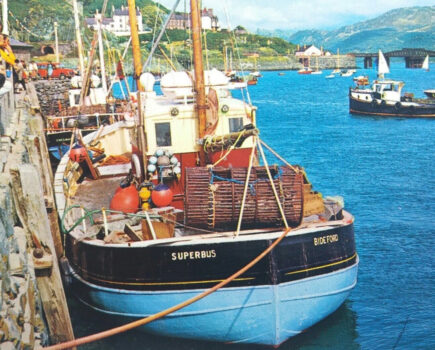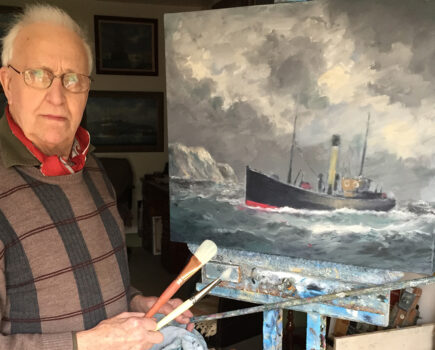New rules to protect those working in enclosed spaces will come into force for fishing vessels next year, explains the MCA
UK fishers will have a further year to make sure they are meeting incoming rules designed to improve safety in enclosed spaces on their vessels.
The updated legislation comes into force for all SOLAS vessels on 14 May, 2022, but non-SOLAS vessels – such as fishing vessels – will have until May 2023.
Given the serious risk to seafarers’ health and safety, the Maritime and Coastguard Agency (MCA) extended the new measures to a wider range of vessels than just those covered by the International Convention for the Safety of Life at Sea (SOLAS). Fishing vessels will be required to put in place safe systems of work for enclosed space entry.
However, because it is accepted that the industry has been facing hard times, the MCA says fishers will have more time to make sure they are complying.
Julie Carlton, head of seafarer safety and health at the MCA, said this was partly due to the practicalities for the fishing industry, alongside a need to be flexible about the realities for those operating small fishing vessels.

Julie Carlton, head of seafarer safety and health at the MCA.
“This is, fundamentally, about staying alive,” Julie Carlton said. “Fishing is one of the most dangerous jobs in the world, statistically, and minimising the risks around enclosed spaces just lowers the chance of coming to harm while at sea.”
Enclosed spaces include chain lockers, cargo holds, duct keels and water tanks – or any area that has been left closed for any length of time without ventilation.
Six people have died over a 10-year period from 2009 to 2019 in UK ports while working in such spaces, which led to the legislation being introduced. Although carrying out assignments in enclosed spaces is a necessary part of working on ships, the MCA is committed to protecting people in those inherently dangerous environments.
“I do understand why there has been a certain amount of resistance in the industry,” Julie Carlton added. “It is a very difficult industry to make money in, especially now – it’s just getting harder, and now we’re asking for even more.
“But we were very aware of this context, and of the costs involved with any changes that we might be asking the small-vessel fishing industry to make.
“The measures that will affect fishers in particular have been looked at for cost-effectiveness – and they will not need a lot of the requirements that we will ask of larger vessels, and those that fall under SOLAS.”
She said the biggest difference would be the lack of the requirement to have atmosphere-testing equipment onboard small fishing vessels, and to carry out drills.
“We hope that the biggest impact on fishers will be raising awareness of enclosed spaces,” Julie Carlton said.
“There have, sadly, been some tragedies involving multiple fatalities on fishing vessels that have come through a lack of knowledge of the dangers.
“We want this to be a part of risk assessments going forward.”
The MCA has published MGN 659 (M+F) to further explain the requirements of the regulations, as well as posters and leaflets on its webshop. These can be found here and here.
This story was taken from the latest issue of Fishing News. For more up-to-date and in-depth reports on the UK and Irish commercial fishing sector, subscribe to Fishing News here or buy the latest single issue for just £3.30 here.
Images: Geoffrey Lee/Planefocus







